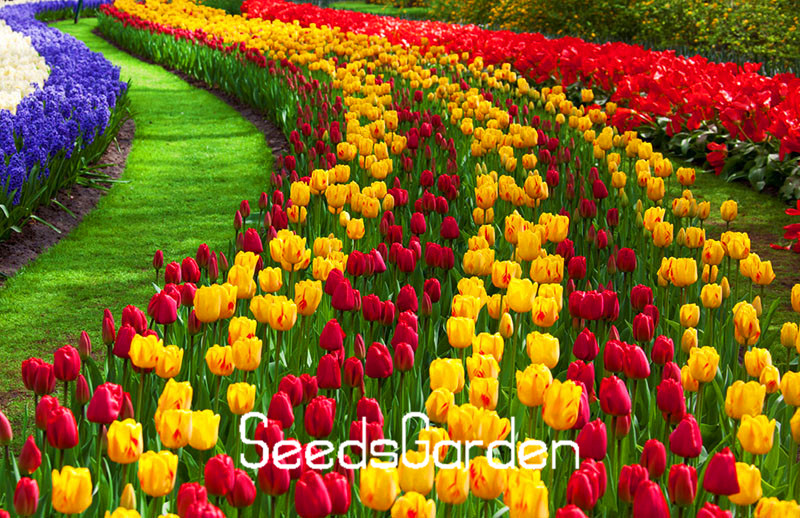The Ultimate Guide to Beautiful Flowers That Don't Attract Bees or Wasps for Your Garden
In the world of gardening, creating a beautiful landscape often comes with the challenge of dealing with pollinators like bees and wasps. While these insect……
In the world of gardening, creating a beautiful landscape often comes with the challenge of dealing with pollinators like bees and wasps. While these insects play a crucial role in our ecosystem, some individuals may prefer to enjoy their gardens without the buzz of bees or the presence of wasps. If you’re looking for flowers that don't attract bees or wasps, you’re in the right place. This guide will explore various options that can enhance your garden's aesthetic while keeping these insects at bay.
#### Understanding the Need for Non-Pollinator Plants
Many gardeners love the idea of blooming flowers but may have allergies or simply want to avoid the risk of stings. Additionally, some people may have pets or children who play in the garden, making it essential to create a safe environment. Choosing flowers that don't attract bees or wasps allows you to enjoy a vibrant garden without the worry of unwanted visitors.
#### Ideal Flowers That Don't Attract Bees or Wasps
1. **Marigolds**: Known for their bright orange and yellow hues, marigolds are a popular choice for gardens. They not only add color but also deter pests, making them a dual-purpose plant.
2. **Zinnias**: These cheerful flowers come in various colors and are generally not appealing to bees or wasps. Zinnias thrive in sunny spots and can bloom from summer to fall, providing a long-lasting floral display.

3. **Snapdragons**: With their unique shape and vibrant colors, snapdragons are a favorite among gardeners. They are not particularly attractive to bees or wasps, making them an excellent choice for a bee-free garden.
4. **Dahlias**: Available in numerous shapes and sizes, dahlias are stunning additions to any garden. They tend to be less attractive to bees and wasps, allowing you to enjoy their beauty without the buzz.
5. **Petunias**: These versatile flowers come in various colors and patterns. Petunias are known for their ability to thrive in different conditions and are less likely to attract pollinators.
6. **Rudbeckia (Black-eyed Susan)**: This hardy perennial produces bright yellow flowers with dark centers. While they do attract some insects, they are generally less appealing to bees and wasps compared to other flowering plants.
7. **Peonies**: Famous for their lush blooms and sweet fragrance, peonies are a classic choice. They bloom in late spring to early summer and are not known to attract bees or wasps significantly.

#### Tips for Creating a Bee-Free Garden
When planning your garden with flowers that don't attract bees or wasps, consider the following tips:
- **Plant in Clusters**: Grouping your flowers together can create a more visually appealing display and may help reduce the chances of attracting pollinators.
- **Use Foliage Plants**: Incorporate non-flowering plants with attractive foliage to fill in spaces and add texture without attracting bees or wasps.
- **Avoid Scented Flowers**: Many bees and wasps are drawn to fragrant flowers. Opt for varieties that are less aromatic to minimize attraction.

- **Regular Maintenance**: Keep your garden tidy by deadheading spent flowers and removing any debris. This practice can help reduce the chances of attracting unwanted insects.
#### Conclusion
Creating a beautiful garden filled with flowers that don't attract bees or wasps is entirely achievable with the right selection of plants. By incorporating the suggested flowers and following the tips provided, you can enjoy a vibrant and safe outdoor space. Whether you’re hosting gatherings or simply relaxing in your garden, these non-pollinator plants will allow you to appreciate nature's beauty without the buzz. Happy gardening!